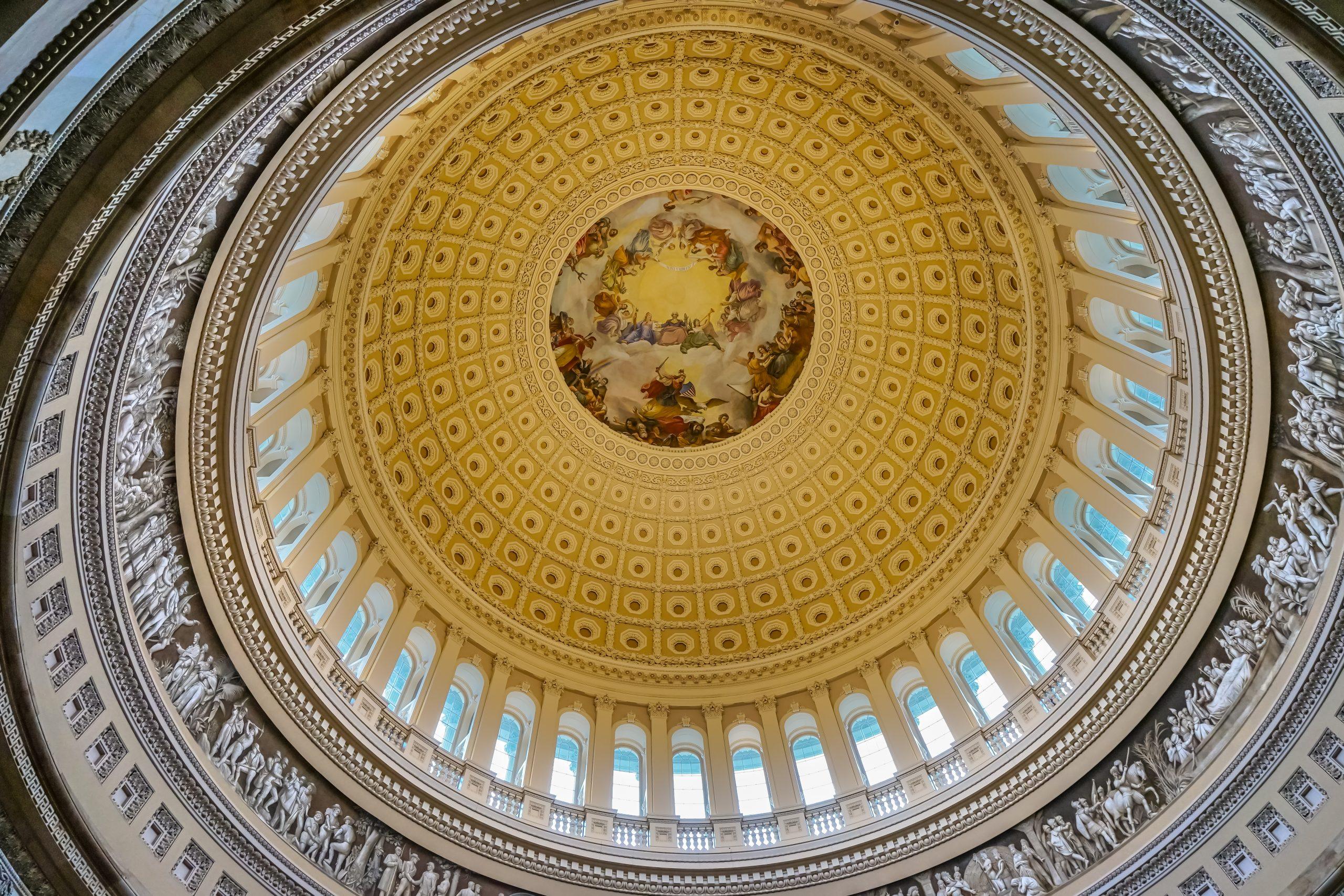The following is an article originally published Aug. 18, 2022, on the website Route Fifty, which connects state and local government leaders with technology and innovation ideas.
We’ve changed the Earth’s atmosphere over time, and the future looks grim unless we focus on science-based policies and solutions
By Roxby Hartley, Ph.D., EcoEngineers
COMMENTARY — Climate change policy has become collateral damage in ongoing political dissonance. Until government leaders leave their political biases at the door and follow the scientific facts related to climate change, the current state of climate change will worsen.
According to a 2021 climate change study, Earth’s temperature has risen by 0.14 degrees Fahrenheit every decade since 1880. Since 1981, that number has jumped by 0.32 F per decade. The Earth is changing, and this intense level of global warming has led to the current state of the climate change crisis. Simply put, we’ve changed the Earth’s atmosphere over time, and the future looks grim unless we focus on science-based policies and solutions.
Separating Biases and Emotions from Science-Based Policymaking
Let’s face it: The current state of climate change can be difficult to understand. There’s a lot to learn, and climate science models are complicated. When it comes to science-based policymaking, government officials and scientists must rely on marketing and easy-to-understand rules that anyone can grasp. A good example is the Paris Agreement’s aim to limit global warming to 1.5 C. Unfortunately, the lack of substantial global action has made that goal almost virtually impossible.
Yet, the nature of science — testing hypotheses until they’re proven wrong — means that there will always be some uncertainty. Science isn’t an exact science! Government officials must constantly check their biases and emotions and trust that the inaccuracies are the best information we have on the current state of climate change. Essentially, they must trust the actual science of climate change rather than the politics of it. With the state of politics in the U.S., however, this can be challenging for government leaders.
Science requires data and must be supported by policy. For example, consider a recent case of a failing polar satellite. An important satellite broke down six years ago, leaving only three older satellites to measure the Arctic’s shrinking ice cap. The politicians charged with oversight decided not to replace the satellite with an already-built probe due to perceived costs. This choice was made despite scientists’ warnings against such a decision, as it would set back the world’s climate change data. In this instance, political pressure and climate change denial led to the destruction of an irreplaceable, invaluable scientific instrument. If we cannot measure the changes to the Earth, then it is easy to deny they are happening.
When government officials make decisions such as this one or create legislation that isn’t based on sound scientific advice, it is often because they let their emotions and biases cloud their judgment. As a result, they fail to enact meaningful changes that positively impact climate change and carbon reduction policies.
Basing Carbon Reduction Policies Solely on Science
Productive carbon reduction policy hinges entirely on science, not bias. Here’s why, as well as a few ways to focus on science-based policymaking:
- Climate crises are scientific. Approximately 22% of the world’s population (or 1.9 billion people) depends on snowpacks and glaciers for drinking water. When these glaciers disappear at the current rate — an event anticipated to occur in the next few decades— those people will have no water and will likely experience extreme flooding. As populations and temperatures increase, we must think scientifically about climate change policy that impacts those communities. Political biases and emotional approaches to this problem will only ensure the inevitable. Scientific facts, however, ground the problem and spur appropriate, timely and effective action.
- Science-based policymaking is our civic duty. Officials have a civic duty to follow facts. Unfortunately, this might not always get them elected. A politician’s goal is to get elected, but once this has been achieved, their duty must be to their constituents and their environment. By fostering a better relationship with scientists and thinking critically, politicians can begin to work for the people and the future, prioritizing needs over individual objectives.
- The effects of climate change weigh more than money, and science must likewise carry greater gravity than politics. Many politicians view money as the means to get elected. And once in office, money significantly impacts climate change policy. However, we need to take money out of the political process to enact real change to carbon reduction policies. That’s the only way elected officials can do the right thing rather than focus on pleasing the people paying them. Once money is out of the equation, government officials can speak more freely about science-based policymaking.
Ultimately, science is a series of metaphors that represent what we observe. It’s not “right” or “wrong,” but simply what we see and how we understand the world. Until more government leaders agree to combat climate change and begin to think scientifically about both climate change and the effects of environmental policies, legislation can consist only of nebulous ideas rather than structured and accurate responses to the global threat we’re facing.

Dr. Roxby Hartley is the Climate Risk Director at EcoEngineers, a consulting and auditing firm that specializes in low-carbon fuels and decarbonization strategies. He has expertise in biofuel production, carbon capture and sequestration, compliance management, and sustainable program development. He is an expert on the California Low Carbon Fuel Standard. For more information about low-carbon fuels, or decarbonization strategies, contact Roxby at rhartley@ecoengineers.us.




